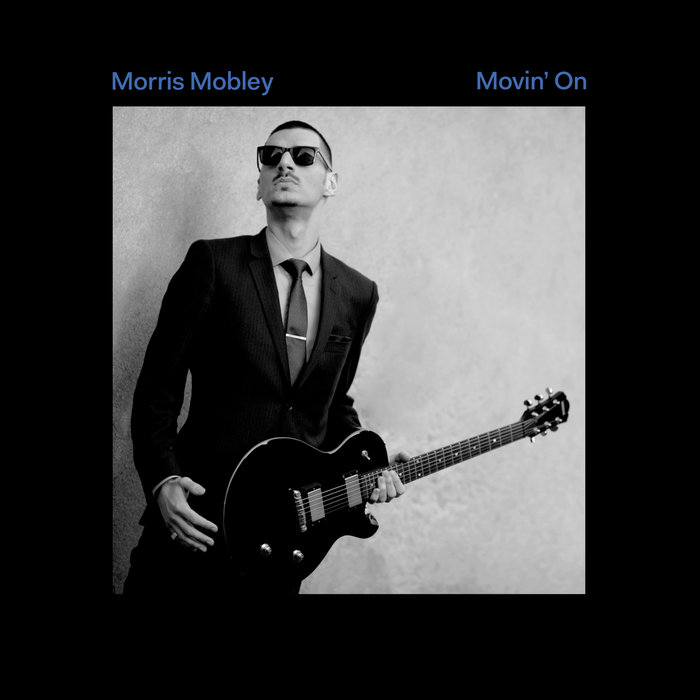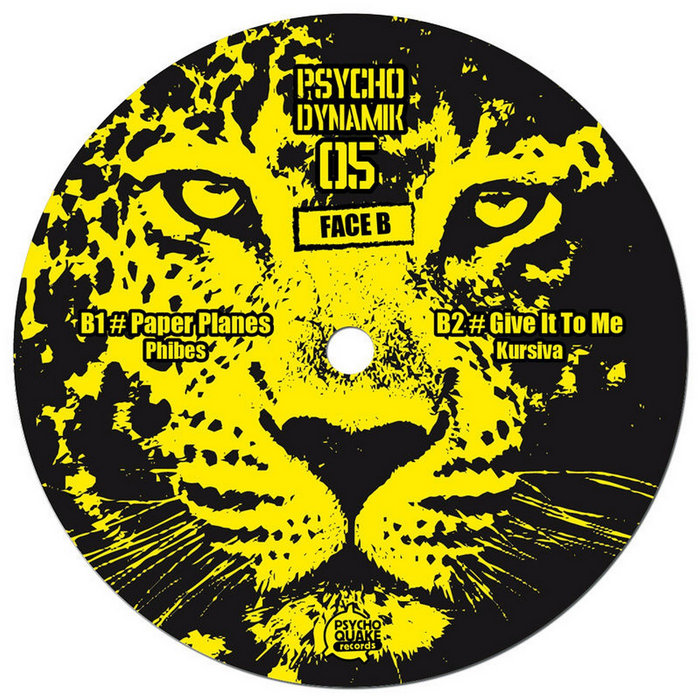
Movin' On – Morris Mobley
this blog is GROOVY – check out great Soul, Funk, Jazz, Hip Hop, Bass, Breaks , Reggae, House n many more TUNES
Nestled in the heart of northeastern France, Nancy is a city with a rich history and a vibrant music scene. While it may not be as well-known as Paris or Lyon in the grand melody of French music, this charming city has its own unique tunes that resonate far and wide.
Nancy’s musical roots stretch back centuries, but it really started to groove during the early 20th century when jazz began to infiltrate French culture. After World War I, musicians from around the globe started to flock to cities like Nancy, bringing with them new rhythms and styles.
Funny Fact: Did you know that during one jazz jam session in 1925, a local saxophonist accidentally played his solo in reverse? Instead of throwing off everyone else, they went with it! That “backward” performance turned into an iconic local tune known as “La Balade à l’envers”.
The quirky vibe continued through the jazz era. Clubs sprung up all over town where cool cats would gather for late-night sessions filled with improvisation. This laid down some serious history on which later genres could build.
In particular, the Le Grand Salon became famous as a hotspot where legends such as Duke Ellington were rumored to have kicked back—even if only for a night—between tours. Imagine Duke ordering wine at a tiny café while listening to local talent play their hearts out!
Groovy Note: Local musicians often made up their own lyrics on-the-fly about neighborhood happenings; tales turned into songs faster than you can say “jazz hands”!
Fast forward to the 1960s and ’70s—the age when rock ‘n’ roll took hold like never before! Bands emerged left and right in response to global trends. One notable group was Les Frères Caron, who decided that instead of just electric guitars they’d incorporate everything—yes even kitchen utensils—into their act!
Funny Fact: At one show, they used spoons for percussion so effectively that someone called them “the Spooner Brothers!” They embraced it—they even released an album featuring tracks titled “Spoonful Groove”.
With great rebellion came punk rock by the late ’70s; bands cropped up sporting wild hairdos and outrageous fashion statements (think leather jackets mixed with sequins). Punks expressed themselves through hard-hitting lyrics while nodding toward previous genres.
One infamous punk band from Nancy was Les Salopards, known not just for their sound but also for their chaotic live performances where everything went wrong—from guitar strings breaking (mid-solo!) to spontaneous dance-offs initiated by crowd members.
A short clip circulating online shows lead singer Henri attempting an epic leap off stage but miscalculating entirely—landing directly onto an unsuspecting drummer who played along despite looking bewildered!
As time progressed into today’s scene—a fusion explosion rocked every nook and cranny around town! Nancy began embracing various influences resulting from globalization—the perfect backdrop for newer generations eager explore sounds beyond borders.
Now you’ll find diverse genres thriving together—from electronic beats pulsating at underground clubs (“le Dôme” being particularly favored) mixing seamlessly into funk-influenced pop melodies spread across stylish cafés lining Place Stanislas.
Recent years have seen collaborations among musicians outside conventional labels—festivals invite everyone from established artists sharing stages alongside newcomers crafting fresh tunes together! All fun shapes poppin’ out including electro-swing parties blaring infectious dance grooves reminiscent of those jazzy days gone past…with modern twists aplenty!
Fun Fact Alert: At one festival last summer dubbed “Nancy Fest,” concert-goers witnessed two DJ sets merged live—with each artist working frantically against strict time limits set by organizers leading towards what would become known as “The Race Against Time Mix.” Spoiler alert: No glitches occurred—that day ended delightfully chaotic nonetheless!
So there you have it—the musical history journey through Nancy—not only defined by its captivating landscape teeming artistry but also punctuated moments laced hilariously mishaps starring talented locals pushing boundaries every beat along way too fancy turns society takes sometimes!
Remember dear reader; next time you’re strutting through these streets—or maybe sipping vin chaud during winter festivals—you might wanna tune your ear closer…you never know which kooky musician or jam will turn ordinary moments extraordinary again.
Whether you’re jamming or relaxing here in this delightful corner France—it doesn’t get much better than vibin’ under stars aligning serenely above amazing stories waiting share amongst yourselves throughout beautiful charm invites plenty laughs dancing nights long reminiscing forever groovin’ joyously still alive within breezy air swirling everywhere around us celebrating life together altogether happily ever after! 🎶✨

Movin' On – Morris Mobley

Kursiva – Give It To Me – Aphrodite, La Phaze, Deekline, General Levy, Tippa Irie, Phibes, Kursiva